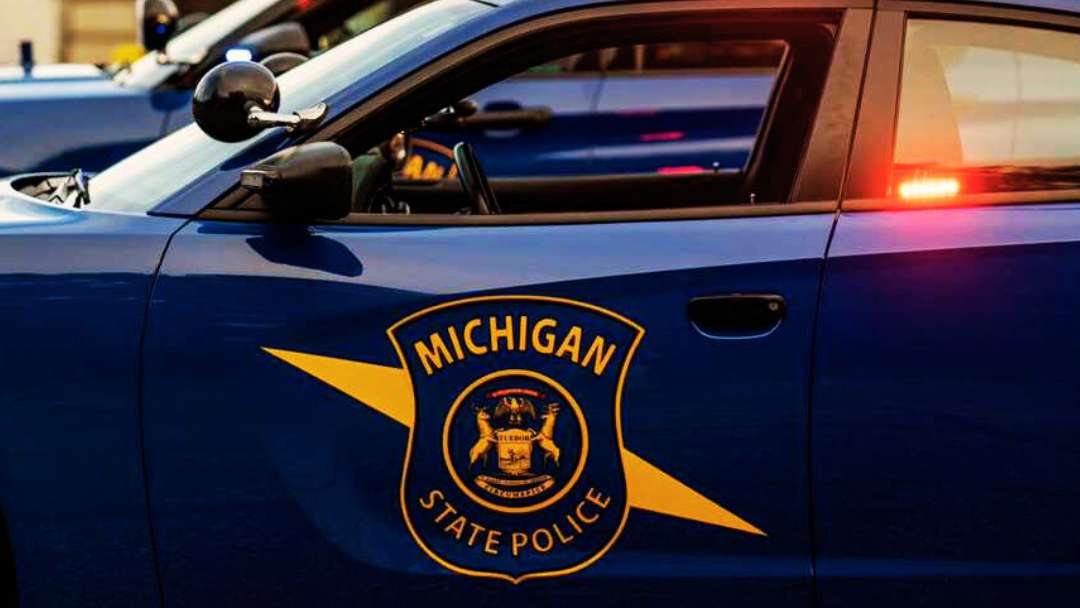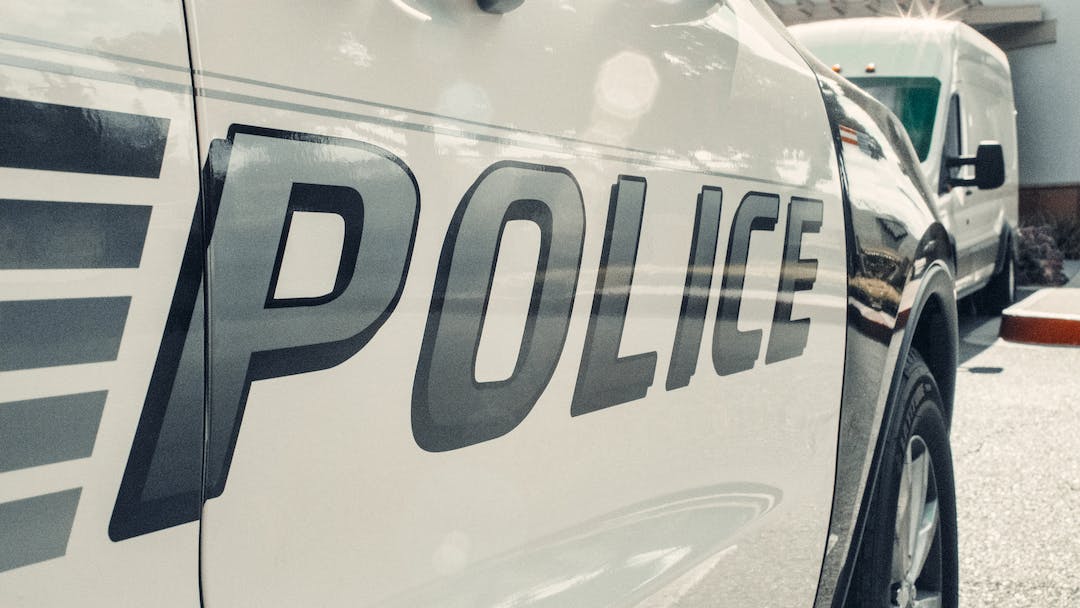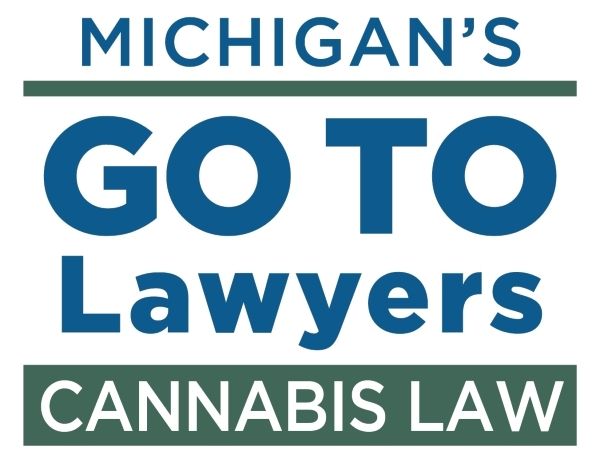Long Lake Township v. Maxon The Costs Outweigh Benefits in Exclusionary Rule Application and the Slippery Slope of Fourth Amendment ProtectionsThe recent decision by the Michigan Supreme Court in Long Lake Township v. Maxon represents a significant shift in the...

Why Better Made is suing several Michigan marijuana companies
Better Made vs. Cannabis Companies: A Michigan Trademark Dispute
Summary
Better Made, is embroiled in a legal battle with over a dozen cannabis businesses in the state. The lawsuit, filed in March 2024, centers on allegations of trademark infringement. Better Made claims a cannabis brand named “Better Smoke” is using a logo confusingly similar to their own, potentially misleading consumers and damaging their brand reputation.
Trademark Infringement Claims
Better Made asserts that the “Better Smoke” logo replicates key elements of their established trademark. This includes a similar design layout and potentially the use of a similar color scheme. The lawsuit argues that this similarity is likely to cause consumer confusion, leading people to believe the cannabis products are somehow affiliated with Better Made potato chips.


Protecting Brand Identity
The core of Better Made’s case rests on the concept of trademark infringement. Trademarks are symbols or designs that identify a specific source of goods or services. By establishing a trademark, companies gain legal protection against others using confusingly similar marks that could mislead consumers.
Dangers of Dilution
Beyond simply avoiding confusion, Better Made also claims trademark dilution. This legal concept protects against uses that weaken the distinctiveness of a brand, even if there’s no immediate confusion. In this case, Better Made argues that the “Better Smoke” brand chips away at the unique identity they’ve built for their own products.
Legal Repercussions
Better Made seeks both monetary damages and an injunction. An injunction is a court order prohibiting the defendants from using the allegedly infringing logo. If successful, this could force the “Better Smoke” brand to redesign its packaging and marketing materials.
The Road Ahead
The outcome of this lawsuit will be closely watched by businesses in both the food and cannabis industries. A win for Better Made could set a precedent for how established brands can protect themselves from potential confusion caused by cannabis businesses using similar names or logos.
Real Questions from Real Calls
Question: I smoked several joints and consumed too many marijuana edibles at a concert in the park. Is that legal??
Answer: If it was not a state licensed consumption event the answer is no. It is unlawful to smoke marijuana in public places. The Gov needs to get their cut.
333.27954 Scope of act; unauthorized activities with marihuana and marihuana accessories; limitations; application of privileges, rights, immunities, and defenses under other marihuana laws; employer rights; property owner rights.
Sec. 4. 1. This act does not authorize:
(e) consuming marihuana in a public place or smoking marihuana where prohibited by the person who owns, occupies, or manages the property, except for purposes of this subdivision a public place does not include an area designated for consumption within a municipality that has authorized consumption in designated areas that are not accessible to persons under 21 years of age;
Read the Law
https://www.legislature.mi.gov/documents/mcl/pdf/mcl-Initiated-Law-1-of-2018.pdf
Related Articles
Government Drones in Your Life – Yes, They Made up a Reason
Oakland County Sheriff’s deputy fatally shot in ‘ambush’ while following stolen car
Oakland County Sheriff's deputy fatally shot in 'ambush' while following stolen carA deputy investigating a stolen car was shot to death Saturday night in Detroit in what Oakland County Sheriff Michael Bouchard called an ambush. Oakland County Sheriff's Deputy Bradley...
This drug will eat your flesh turn your skin green and it’s in Michigan
This illicit drug will eat your flesh, turn your skin green, scaly and it's in MichiganWe did not post any pictures depicting the results of abuse because it is horrifying. If you must see - Google for images of Krokodil.Authorities are warning to be cautious of...
$700 Million Settlement Against Johnson and Johnson – What’s Your Cut?
Attorney General Nessel Reaches $700 Million Settlement Against Johnson and JohnsonYour mom and your dad have been covering you with Johnson and Johnson powder since you were a baby. There was always a cloud of powder in the air as they slapped it on you. It got all...
More Posts
Michigan Problem-Solving Courts Granted Nearly $19 Million
"Data show these programs strengthen communities by reducing crime, boosting employment"LANSING,...
Michigan House Bill 5451 of 2024
Michigan House Bill 5451 of 2024: A Step Toward "Safer Communities"Michigan House Bill 5451,...
Michigan House Bill 5450 of 2024
Step by StepMichigan House Bill 5450 of 2024 is a bill that was introduced by Representative...
Trump plans – How does Cannabis Business fit in?
You work hard. Now get ready to work harder to prepare to give more.President Biden's...
When Can Police Take Your Dash Cam?
You work hard. Now get ready to work harder to prepare to give more.In Michigan, police can take...
When Can Police Confiscate Your Drone in Michigan?
Someone asked us... Can the police take my drone?As we have seen ... They can charge, arrest you...
People who are going to need a Lawyer – November 12, 2024
People who are going to need a LawyerMan so drunk field sobriety tests were ‘too dangerous’...
Cambridge Analytica data breach comes before court
Oral arguments in Facebook v. Amalgamated Bank will beginThe justices are set to review securities...
Search and Seizure – Consent or Plain view
The Fourth Amendment was established to protect individuals from unreasonable searches and...
Using a computer to commit a crime – The latest add on charges
FRAUDULENT ACCESS TO COMPUTERS, COMPUTER SYSTEMS, AND COMPUTER NETWORKS (EXCERPT)Act 53 of...

































